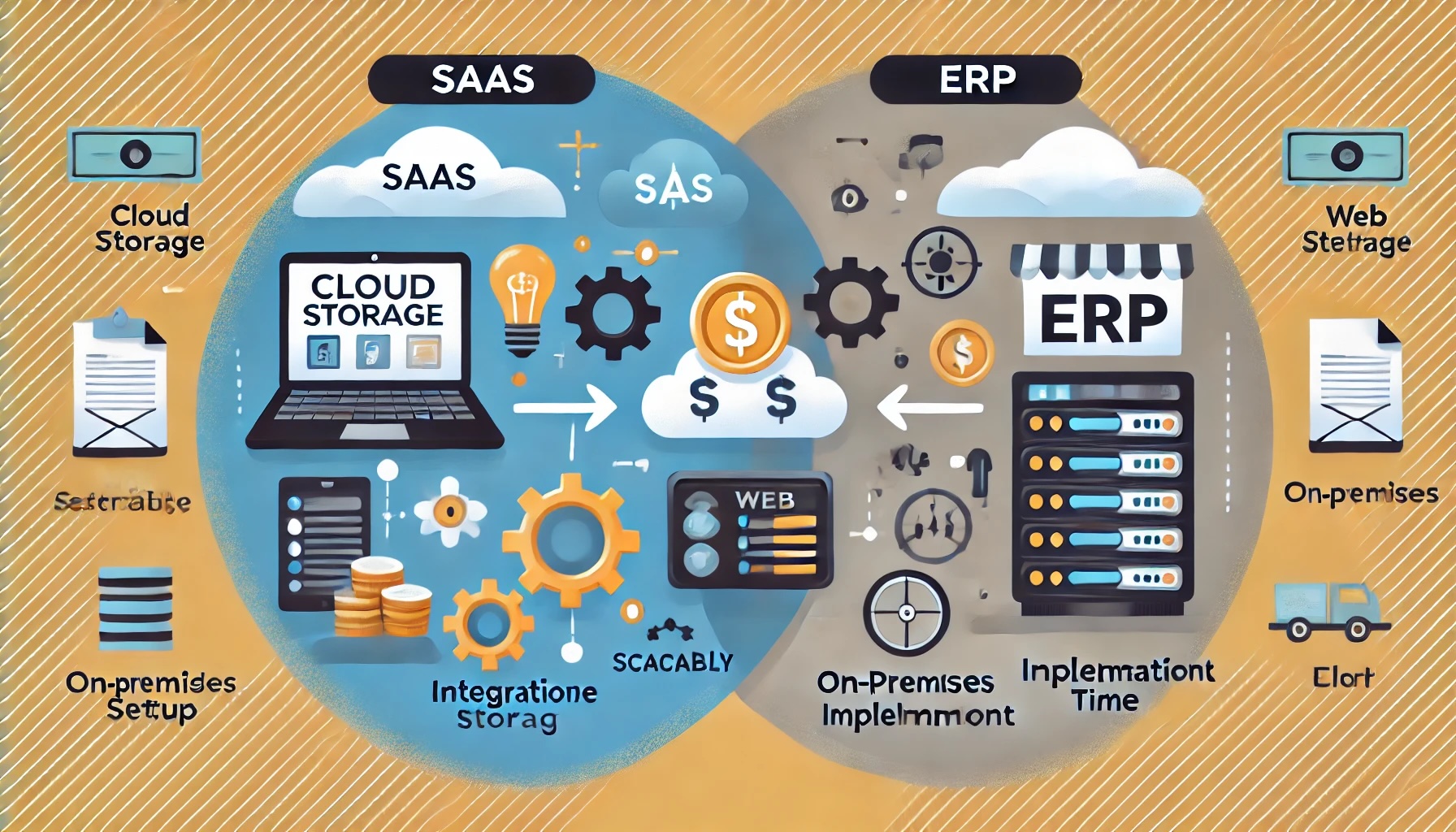Is Oracle Cloud a Good ERP for Non-Profit Organizations?

In the non-profit sector, managing resources efficiently, ensuring regulatory compliance, and maintaining donor satisfaction are crucial for success. Enterprise Resource Planning (ERP) systems integrate various business processes, enhancing operational efficiency and improving decision-making capabilities. One such ERP solution is Oracle Cloud. But is Oracle Cloud a good ERP for non-profit organizations? This blog will explore the strengths and weaknesses of Oracle Cloud, helping you determine if it is the right fit for your non-profit operations.
Strengths of Oracle Cloud for Non-Profit Organizations
- Comprehensive Financial Management Oracle Cloud offers robust financial management capabilities that are essential for non-profit organizations. The system provides real-time visibility into financial performance, allowing organizations to manage budgets, track expenses, and ensure accurate financial reporting. These features help non-profits maintain financial health and comply with regulatory requirements.
- Scalability and Flexibility Oracle Cloud is highly scalable and flexible, making it suitable for non-profit organizations of all sizes, from small local charities to large international NGOs. The system can adapt to the changing needs of non-profits, supporting growth and expansion without the need for significant additional investment in IT infrastructure.
- Donor Management and Engagement Oracle Cloud includes features designed to help non-profits manage donor relationships effectively. The system provides tools for tracking donor contributions, managing campaigns, and analyzing donor behavior. This helps organizations build stronger relationships with their donors, improving donor retention and engagement.
- Advanced Reporting and Analytics The advanced reporting and analytics capabilities of Oracle Cloud provide non-profits with valuable insights into their operations. The system allows organizations to generate detailed reports on financial performance, program outcomes, and donor engagement. These insights help non-profits make informed decisions, optimize their operations, and demonstrate their impact to stakeholders.
Weaknesses of Oracle Cloud for Non-Profit Organizations
- High Implementation Costs One of the primary drawbacks of Oracle Cloud is its high implementation cost. The initial setup, customization, and integration fees can be significant, which may be a barrier for smaller non-profits with limited budgets. Ongoing maintenance and support costs can also add up over time.
- Complex Implementation Process Implementing Oracle Cloud can be complex and time-consuming, particularly for larger non-profit organizations with extensive existing systems. The transition to a new ERP system requires careful planning, significant resources, and potentially, the assistance of external consultants. This complexity can delay the realization of benefits and increase implementation costs.
- Customization Challenges Customizing Oracle Cloud to meet specific non-profit needs can be challenging. While the system is highly functional, extensive customization may require additional development work, which can be costly and time-consuming. Non-profits with unique or complex requirements might find it difficult to tailor the system to their exact specifications.
- Learning Curve Due to its comprehensive features and capabilities, Oracle Cloud has a steep learning curve. Extensive user training is necessary to ensure that employees can utilize the system effectively. This training can be time-consuming and may require additional resources, which can be challenging for smaller organizations.
How Oracle Cloud Can Benefit Non-Profit Organizations
Despite some limitations, Oracle Cloud offers several features that can significantly benefit non-profit organizations. The system’s robust financial management tools ensure accurate and efficient financial operations, helping organizations maintain financial health and comply with regulatory requirements. Its scalability and flexibility support growth and adaptation to changing needs. The donor management and engagement features help non-profits build stronger relationships with their donors, improving donor retention and engagement. Additionally, Oracle Cloud’s advanced reporting and analytics capabilities provide valuable insights, enhancing decision-making and demonstrating impact to stakeholders.
Conclusion
Oracle Cloud ERP offers a range of powerful tools that can significantly benefit non-profit organizations. Its strengths in robust financial management, scalability and flexibility, donor management and engagement, and advanced reporting and analytics make it an attractive option for many non-profits. However, the system also presents challenges, such as high implementation costs, a complex implementation process, customization challenges, and a steep learning curve. Non-profits must weigh these factors carefully against their specific needs and resources.
Ultimately, whether Oracle Cloud is the right choice for a non-profit organization depends on its size, budget, and operational requirements. By thoroughly evaluating these aspects and considering potential challenges, non-profits can make an informed decision that aligns with their strategic goals and enhances their operational efficiency.
To compare Oracle Cloud with 100s of other ERP solutions, you can use our new AI-powered Compare ERP tool. It’s free to use and you get a guaranteed discount on your first year’s licence fees with a referral from Compare ERP.









